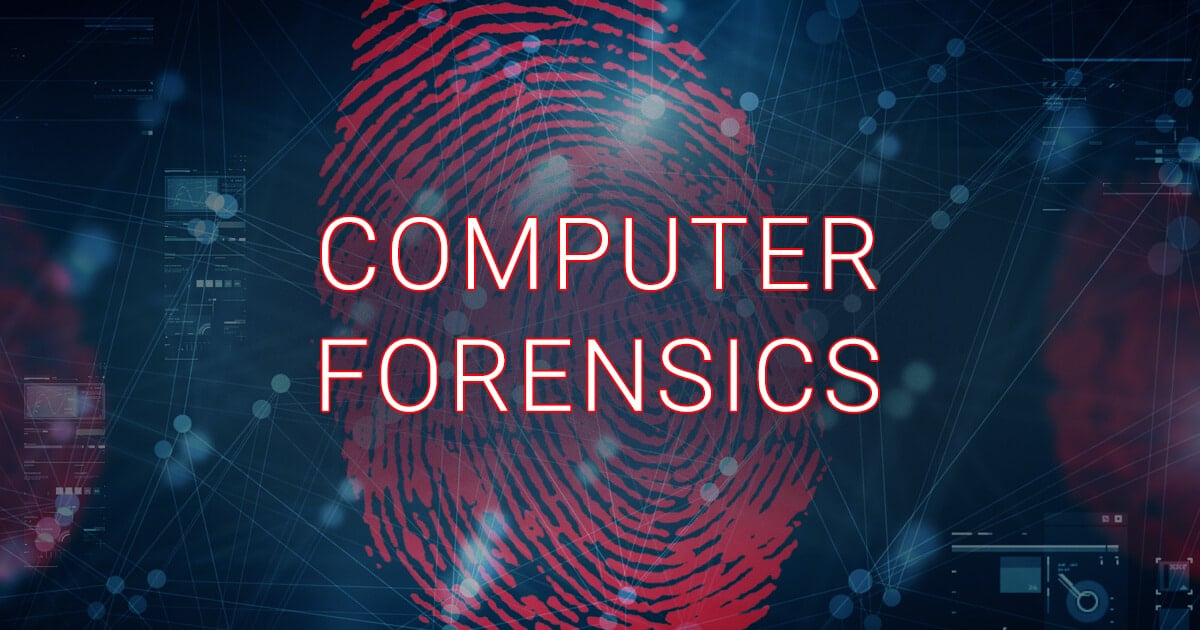In an era where digital interactions dominate our personal and professional lives, safeguarding sensitive information is crucial. Cyber threats are becoming increasingly sophisticated, making computer forensics services an essential part of any robust cybersecurity strategy. This article delves into what computer forensics entails, the key processes involved, and how these services can significantly benefit individuals and organizations.
What Is Computer Forensics?
Computer forensics is the science of recovering, analyzing, and presenting data from computers and other digital devices in a legally acceptable manner. It encompasses a wide range of activities, including investigating cybercrimes, recovering lost or deleted files, and conducting data breach assessments. By employing specialized tools and methodologies, computer forensics experts help organizations uncover critical evidence that can be pivotal in legal disputes, security audits, and incident response.
The Process of Computer Forensics
Understanding how computer forensics works is essential for anyone interested in cybersecurity. Here are the main stages of a computer forensics investigation:
1. Evidence Identification
The first step in any forensic investigation is to identify potential sources of digital evidence. This may include personal computers, servers, mobile devices, and cloud storage systems. Forensic professionals utilize specialized tools to perform thorough scans of these devices, ensuring that they capture all relevant data.
2. Data Acquisition
Once potential evidence is identified, the next phase is data acquisition. This involves creating exact copies, or images, of the data to preserve its integrity. Forensic experts employ write-blockers and other techniques to ensure that the original data remains unchanged during the investigation.
3. Data Analysis
The analysis phase is where the real detective work happens. Forensic analysts sift through the acquired data to identify relevant information, recover deleted files, and analyze system logs for suspicious activities. This process helps reconstruct a timeline of events surrounding the incident, shedding light on what transpired.
4. Documentation and Reporting
Throughout the investigation, meticulous documentation is vital. Forensic professionals keep detailed records of their methods, findings, and any anomalies discovered. A comprehensive report summarizing the investigation, methodologies, and conclusions is crucial, especially for legal proceedings.
5. Expert Testimony
In many cases, forensic experts may be called upon to testify in court. Their ability to explain complex technical findings in an understandable manner can significantly influence the outcome of a case. Expert testimony often plays a key role in validating the evidence collected during the investigation.
The Advantages of Computer Forensics Services
Computer forensics services offer several significant benefits:
- Strengthening Security Measures: Engaging computer forensics services helps organizations identify security weaknesses. By learning from past incidents, businesses can implement stronger cybersecurity measures to reduce future risks.
- Data Recovery: Accidental deletions, hardware failures, or cyberattacks can lead to significant data loss. Computer forensics experts can recover lost files, ensuring that critical information is not irretrievably lost.
- Legal Compliance: As data protection regulations become more stringent, computer forensics services help organizations stay compliant. Thoroughly investigating data breaches and documenting incidents can protect businesses from legal liabilities.
- Swift Incident Response: In the event of a cyber incident, computer forensics services provide rapid response capabilities. Forensic experts can quickly assess the situation, determine the breach’s scope, and help implement corrective actions to prevent further damage.
Final Thoughts
In conclusion, computer forensics services are a critical asset in today’s digital landscape. They empower organizations to investigate cybercrimes, recover lost data, and enhance their security measures. Whether responding to data breaches, conducting internal investigations, or ensuring compliance with regulations, the value of computer forensics is undeniable.
Investing in these services is not merely a reactive measure; it’s a proactive strategy to safeguard sensitive information and maintain stakeholder trust. By integrating computer forensics into their cybersecurity frameworks, businesses can navigate the complexities of the digital world and emerge more resilient against future threats.



